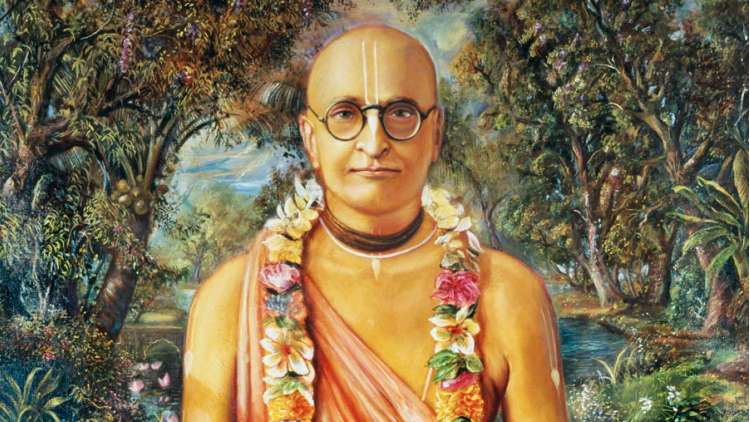Deserved Attention to Bhaktisiddhanta Sarasvati
By Tattvavit Dasa | Aug 02, 2013

The following is a book review of Modern Hindu Personalism: The History, Life, and Thought of Bhaktisiddhanta Sarasvati by Ferdinando Sardella.
“Modern Hindu Personalism” was Oxford University Press’s choice when it came to nominating an OUP book for the 2013 American Academy of Religion award for Best First Book in the History of Religion. Should it win in November, this book will bring deserved attention to Bhaktisiddhanta Sarasvati, a name that does not ring bells in the Indian context, as the name of Gandhi does.
“Bhaktisiddhanta played a vital role through his work,” Julius Lipner says in his Foreword, “in articulating the theology and role” of the modern Gaudiya Vaishnava movement, which “was to have a palpable and and familiar impact on the Western stage.” Some thirty years after Bhaktisiddhanta passed on (in 1937), his movement was propelled to surprising heights and his perspective on the Chaitanya Vaishnava school of Bengal was spread rapidly worldwide, because one of his disciples, A. C. Bhaktivedanta Swami, founded the Hare Krishna movement (which, Lipner says, “continues to exert its leavening spiritual effect on our consumerist Western societies”).
Professor Gavin Flood notes that this book significantly contributes to the scholarship of “the religious history of Bengal within the last half of the colonial period.” Read how personalism opposed nondualist theology and affirmed a universalist dimension to religious devotionalism, in the face of caste in India and the non-Hindu culture of the West.










